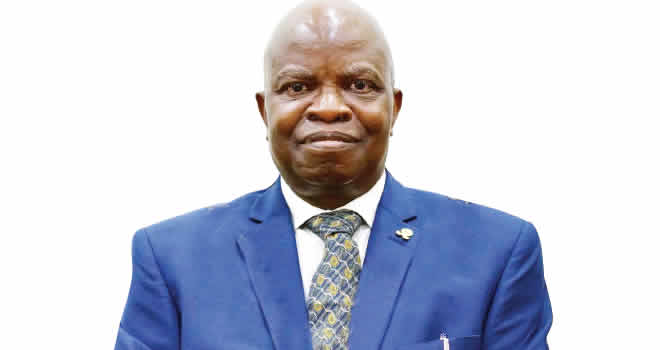Economic experts have warned that Nigeria must increase local production and industrialisation if it wants to truly benefit from the African Continental Free Trade Area (AfCFTA) agreement, which offers a zero-tariff window on 90 percent of goods traded within Africa.
This warning comes after Nigeria recently gazetted the Provisional Schedule of Tariff Concessions (PSTC), making it the 23rd AfCFTA member to do so. The move shows Nigeria’s readiness to grant duty-free treatment to eligible imports and exports under the trade deal. In addition, President Bola Ahmed Tinubu signed and submitted Nigeria’s ECOWAS Schedule of Tariff Offers, which also removes import tariffs on goods within Africa as part of the AfCFTA agreement.
Many see this as a major opportunity for Nigeria to diversify its economy, move away from crude oil dependence, and increase non-oil exports such as agricultural products, manufactured goods, and services. But some experts are raising concerns that the country may not gain much from this agreement unless it urgently improves its industrial base and produces more export-ready goods.
Prof. Segun Ajibola, a former President of the Chartered Institute of Bankers of Nigeria, said Nigeria’s move to implement the tariff waiver was good news. However, he noted that only countries with quality goods to export will truly benefit from such policies.
Prof. Ajibola said, “If the tariff is successfully waived among African countries, it will now be a challenge to each African country to develop something to export to others. We must produce. We have cocoa, cotton, rubber, and other agricultural goods. We also have solid minerals. These are what we should be packaging for export.”
He mentioned that Nigerian companies like Dangote, Nestlé Nigeria, Nigerian Breweries, and Guinness already have export-ready products and can immediately benefit from the AfCFTA agreement. However, he pointed out that many Nigerian-made goods still suffer from issues related to packaging, quality control, and global competitiveness.
Prof. Ajibola stressed that there are products that can be exported right now, but the country needs to improve branding and compliance with international standards.
Another economist, Prof. Akpan Ekpo, who is also a former Vice-Chancellor of the University of Uyo, took a more critical position. He said most ECOWAS countries, including Nigeria, are still exporting raw materials, which means they are not in a good position to take advantage of tariff-free trade within Africa.
Prof. Ekpo asked, “What are we even trading? Crude oil? Raw cassava? Raw cocoa? If we all export the same unprocessed materials, what difference will the tariff removal make?”
He said the real gains from AfCFTA would only come when countries begin to add value by producing and exporting finished goods, not just raw commodities.
“We need to industrialise. Until we start producing manufactured goods and services, we won’t benefit much. That’s the reality,” Prof. Ekpo said.
Meanwhile, the AfCFTA Secretariat confirmed on April 14 via X (formerly Twitter) that Nigeria had officially gazetted its PSTC. It said this action gives businesses in Nigeria and across Africa the clarity they need to start trading under the AfCFTA’s rules.
In her reaction, the Minister of Industry, Trade and Investment, Dr Jumoke Oduwole, praised the development, calling it a big step forward for Nigerian trade.
She said, “This strengthens our role in shaping the future of African trade and unlocks new opportunities for businesses and exporters.”
Under the AfCFTA agreement, African countries are expected to remove tariffs on 90 percent of goods, allow free access to goods and services across the continent, and encourage economic integration among member states. While the policy is promising, experts agree that Nigeria must urgently build industries, improve infrastructure, and support businesses if it wants to benefit in real terms.
As it stands, the AfCFTA offers a rare chance for Nigeria to grow its economy through increased trade with other African countries, but that window will only be meaningful if the country gets serious about production, quality control, and value addition.
